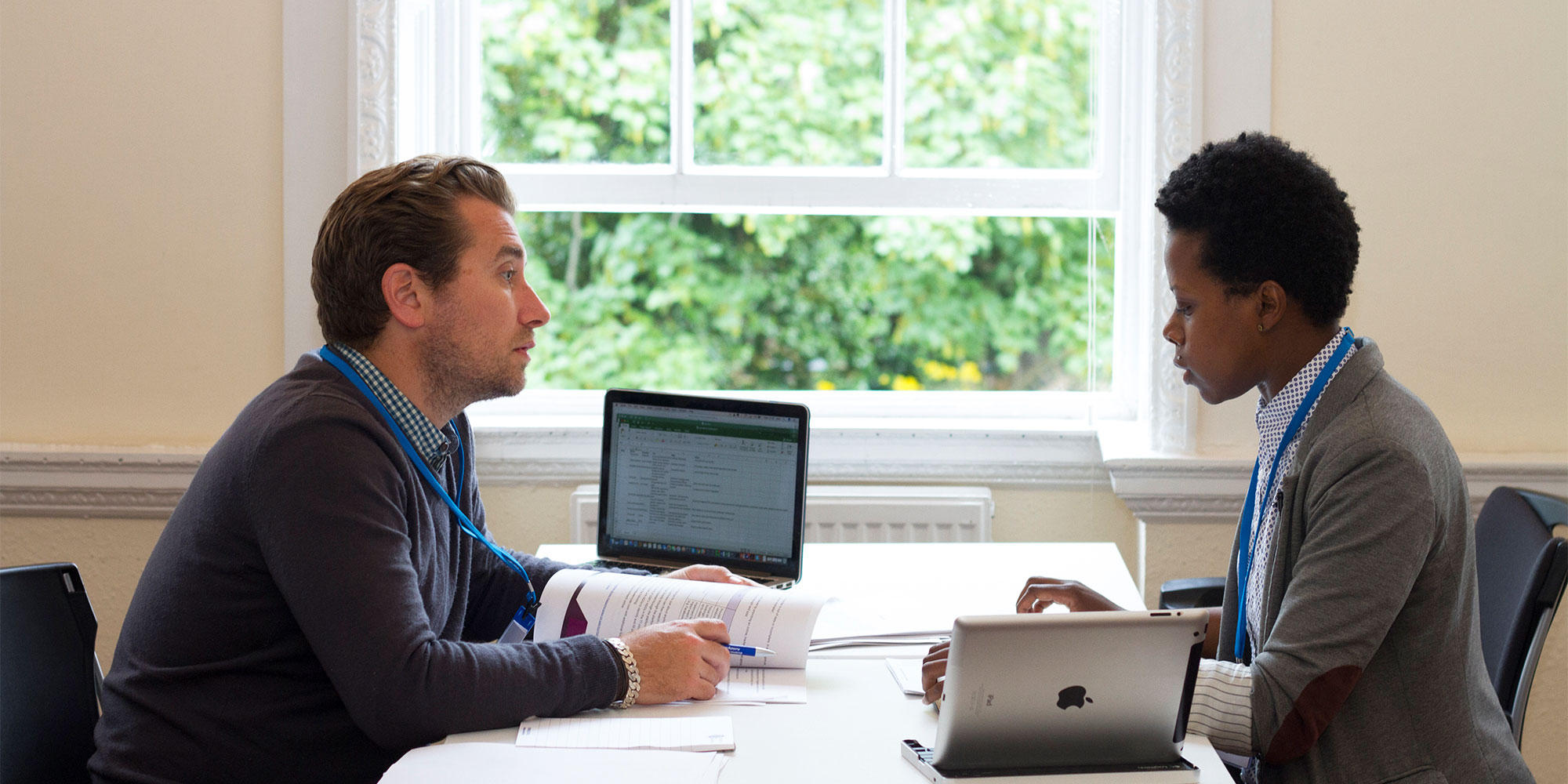Transnational Education (TNE) is central to our internationalisation strategy, and we are committed to developing impactful, sustainable partnerships that will advance the work of the University and our partner institutions.
Why become a partner of the University of Greenwich?
There are many reasons to apply to become a collaborative partner of the University of Greenwich, but here are our top five:
Experience counts
With an institutional history going back over 120 years and almost 20 years experience of specifically engaging in collaborative provision overseas, University of Greenwich is a market leader in the field of international partnerships.
Link Tutor support
Each collaborative programme or partnership receives dedicated academic support through a named Link Tutor who schedules regular visits to meet with staff and students at the partner institution. Link Tutors also provide invaluable, ongoing support to ensure a successful partnership, and partners also benefit from the academic specialisms of our Link Tutors.
Access to our electronic resources
University of Greenwich provides staff and students at our collaborative partners with access to our huge range of electronic learning resources including electronic journals and other materials, which means that our partners can benefit from many of the same resources offered on-campus in the UK, no matter where they are located in the world.
Our wide range of programmes
With a vast selection of subjects offered at both undergraduate and postgraduate level and covering subjects such as architecture, design and construction, business, computing, education, engineering, health and social care, humanities, law, social science and science, we offer something for everyone and can also work with partners to tailor programmes and provide an element of localisation to boost student employability.
Global ambition
We are an institution with ambitious plans: we aim to be positioned within the top 50 institutions in the country and in the top 10 in London. We welcome partners who share our aspirations and vision.
Partnership Models
The University remains open to exploring new opportunities through the following types of partnership models.
Franchised Programmes: this refers to existing (or sometimes, modified versions of existing) University of Greenwich programmes which have been approved for delivery on campus, and which may also be approved (‘franchised’) for delivery by an external partner.
Validated Programmes: these are new programmes devised and developed by a partner (or jointly with the University of Greenwich) using the University of Greenwich’s protocols, which are then approved (‘validated’) by the University for delivery by that partner as a University of Greenwich award.
Externally Validated Programmes: these are programmes devised and developed by a partner to its own specifications and approved (‘validated’) by the University of Greenwich as equivalent to a University of Greenwich award.
Articulation Agreement: these involve a formal link between UoG and an external partner, providing a guarantee that a cohort of students who achieve an agreed standard in a programme at the partner will be able to progress to a particular stage of an award-bearing programme in the UoG, provided there is a close curriculum ‘fit’ for articulation purposes.
Progression Agreement: The University recognises progression from a programme a student has completed at a partner institution, either to the beginning or to a more advanced stage of an award-bearing programme in the UoG. Applications are received on an individual basis.
Joint award: A programme developed jointly with at least one other institution, which may also have degree awarding powers, leading to a Greenwich award, or a degree awarded jointly by both institutions.
Dual Award: A programme of study jointly delivered by a partner institution and the UoG leading to the granting of both a Greenwich award and that of the partner institution.
How to become a partner
If you are interested in building impactful, sustainable, and mutually beneficial partnerships, please download the partner proposal form and return the completed form to the International Partnership Office.
After initial consideration by the relevant host Faculty and International Partnerships Office, the application proves for prospective partners comprises two stages: firstly, approval of the partner and secondly approval of the programme.

